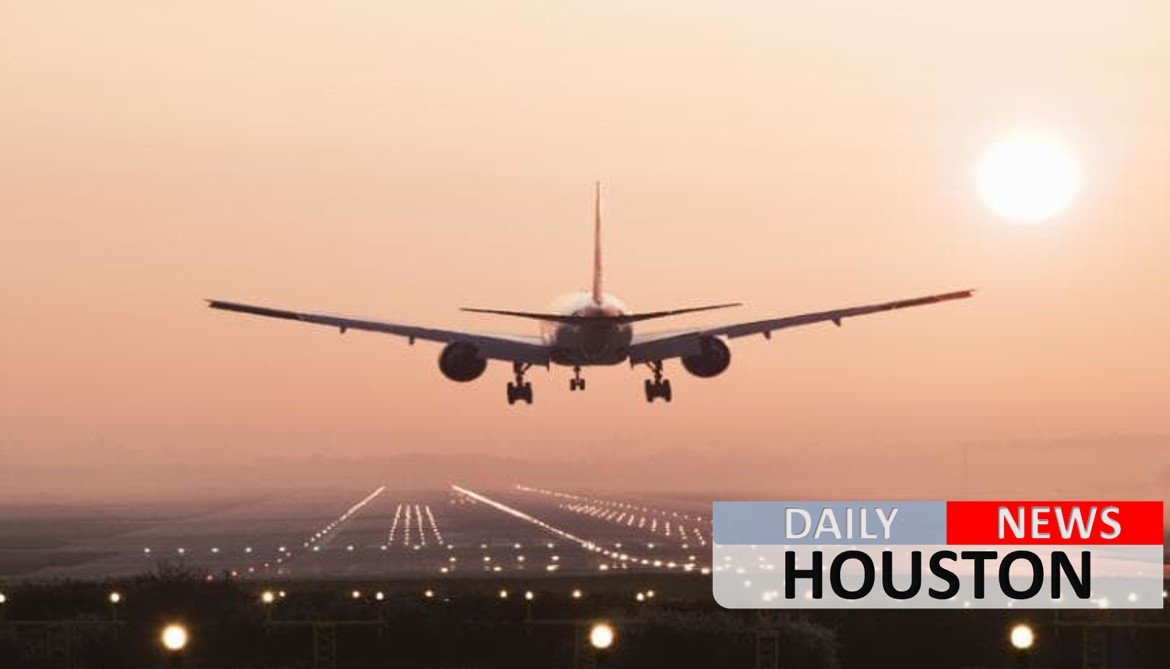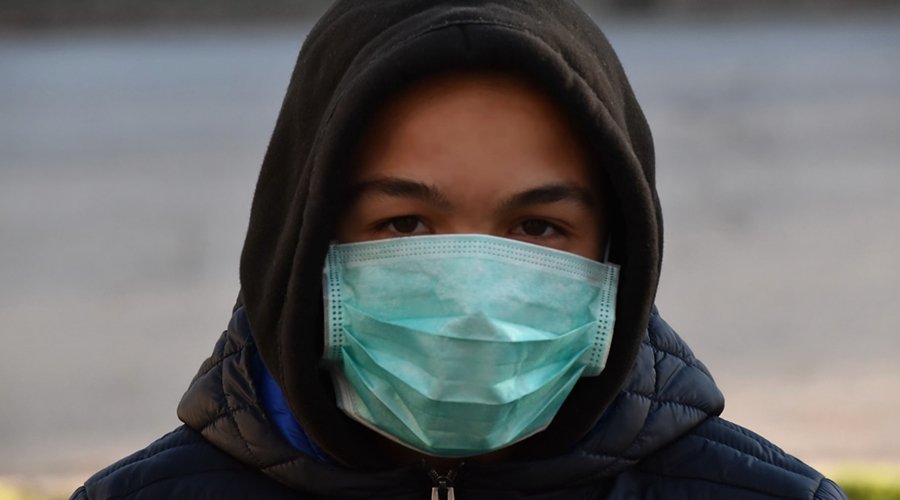t’s an inconvenient truth that jetting off to foreign shores for your holidays directly contributes to the very climate change that, according to some scientists, could have a considerable impact on aviation.
From longer flight times and more expensive plane tickets to an increase in turbulence, here are five ways a warming planet could impact air travel.
1. More delays and cancellations
Last month, American Airlines was forced to cancel dozens of flights from Phoenix, Arizona because it was too hot. With the mercury rising to 120C, the airline claims some smaller jets were unable to leave the tarmac. Why? Well, hot air is thinner air, which makes it harder for some planes to generate enough lift.
“When you get in excess of 118 or higher, you’re not able to take off or land,” Ross Feinstein, a spokesman for American Airlines, told the New York Times. Researchers warn disruptions like these are likely to become more common as the planet warms.
2. Increased turbulence
Bad news for nervous flyers. Incidents of severe air turbulence are likely to get worse as climate change takes hold, scientists claim.
“When we think of global warming we’re usually thinking about the fact that it’s getting warmer at ground level, but in fact the temperatures are changing higher up in the atmosphere including where planes fly at 35,000ft,” said Dr Paul Williams, an atmospheric scientist at the University of Reading.
“The atmospheric winds and temperatures up there are very strongly tied together and therefore the winds are changing in response to the temperature. As the climate changes the odds of encountering turbulence on your flight are increasing.”
According to a study led by Dr Williams, transatlantic flights will be particularly prone to rising temperatures due to the effect climate change is having on the jet stream.
“Our study finds that the jet stream winds along the flight route between London and New York are getting stronger because of climate change – they are getting 15 per cent stronger in winter,” he said. “This increase in the jet stream winds is going to have an impact on people’s flights.”
3. Longer flights
Climate change is not just making turbulence more common; according to 2015 study, published in the journal Nature Climate Change, rising temperatures are also increasing flight times.
Scientists linked a small increase in return journey times of long-haul flights with an increase in the variation of the jet stream, the high altitude air that flows from west to east.
Just one minute’s extra flight time would mean jets spend approximately 300,000 hours longer per year burning roughly a billion additional gallons of jet fuel, they said, thus adding to the problem.
“Upper level wind circulation patterns are the major factor in influencing flight times,” said Kris Karnauskas, associate scientist at Woods Hole Oceanographic Institution in Massachusetts. “Longer flight times mean increased fuel consumption by airliners. The consequent additional input of CO2 into the atmosphere can feed back and amplify emerging changes in atmospheric circulation.
“We already know that as you add CO2 to the atmosphere and the global mean temperature rises, the wind circulation changes as well – and in less obvious ways.
“The airline industry keeps a close eye on the day-to-day weather patterns, but they don’t seem to be concerned with cycles occurring over a year or longer.”
4. More expensive tickets
Damage and delays caused by turbulence is estimated to costs US airlines alone between $150m ($113m) to $500m (£377m) annually. Therefore, if cases of severe air turbulence increase – and if planes have to burn more fuel to counter fiercer winds – passengers could reasonably expect to pay more to fly.
5. More weight restrictions
There is little pilots can do to avoid lumps and bumps in the skies: clear air turbulence is not visible to the naked eye, isn’t detectable on radar and can’t be accurately forecasted. However, according to Steve Allright, a British Airways pilot, one thing they can do is cruise at higher altitudes, though there are restrictions preventing them from doing so.
“Our endeavours to fly at an altitude that has been reported as smooth may be prevented by several constraints such another aircraft occupying that level, or the weight of the aircraft at that time,” he said.
If planes need to fly higher to avoid turbulence then they would need to be lighter, which means the weight of the aircraft – and possibly passengers’ luggage – could invite greater scrutiny.









